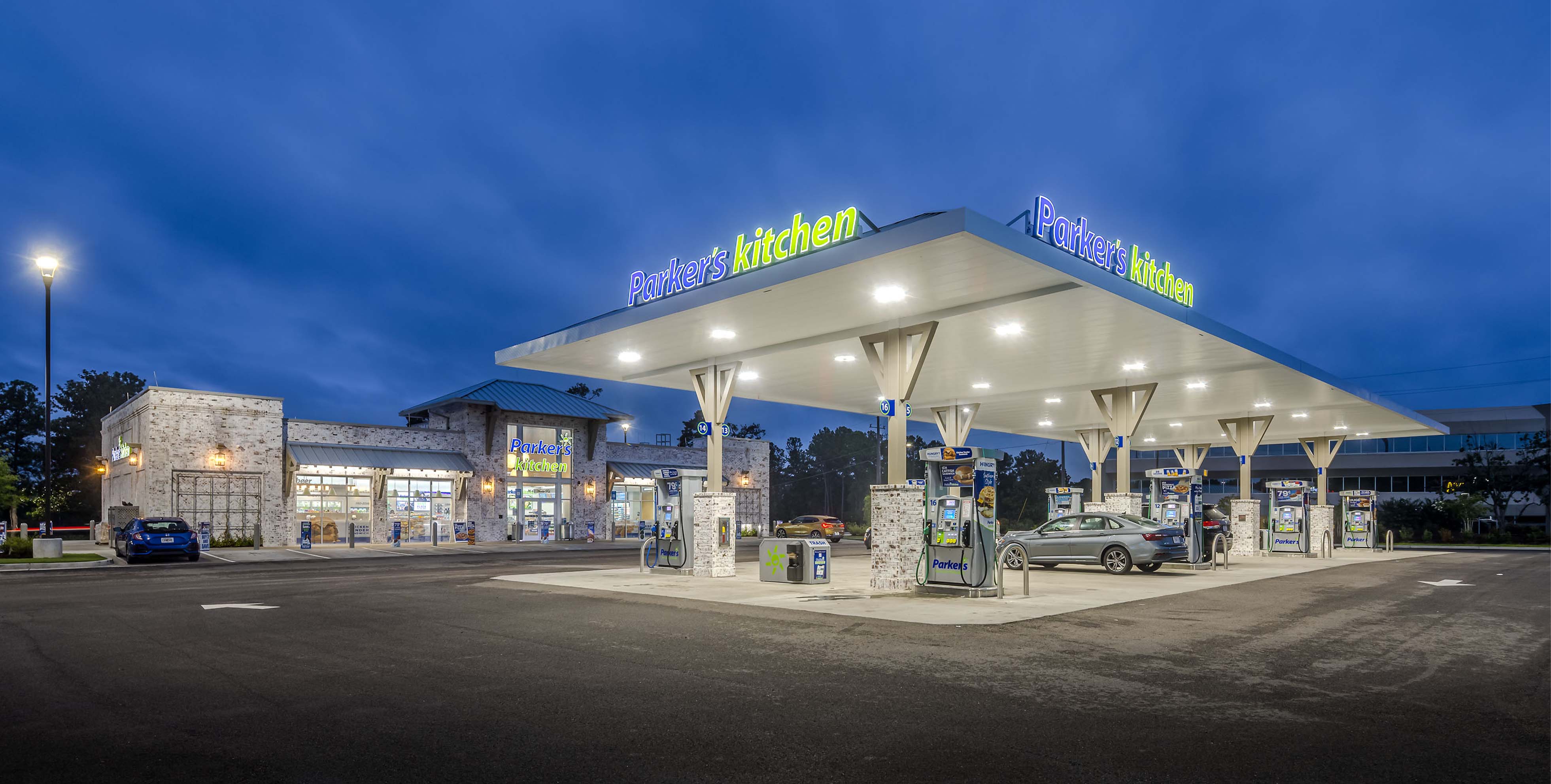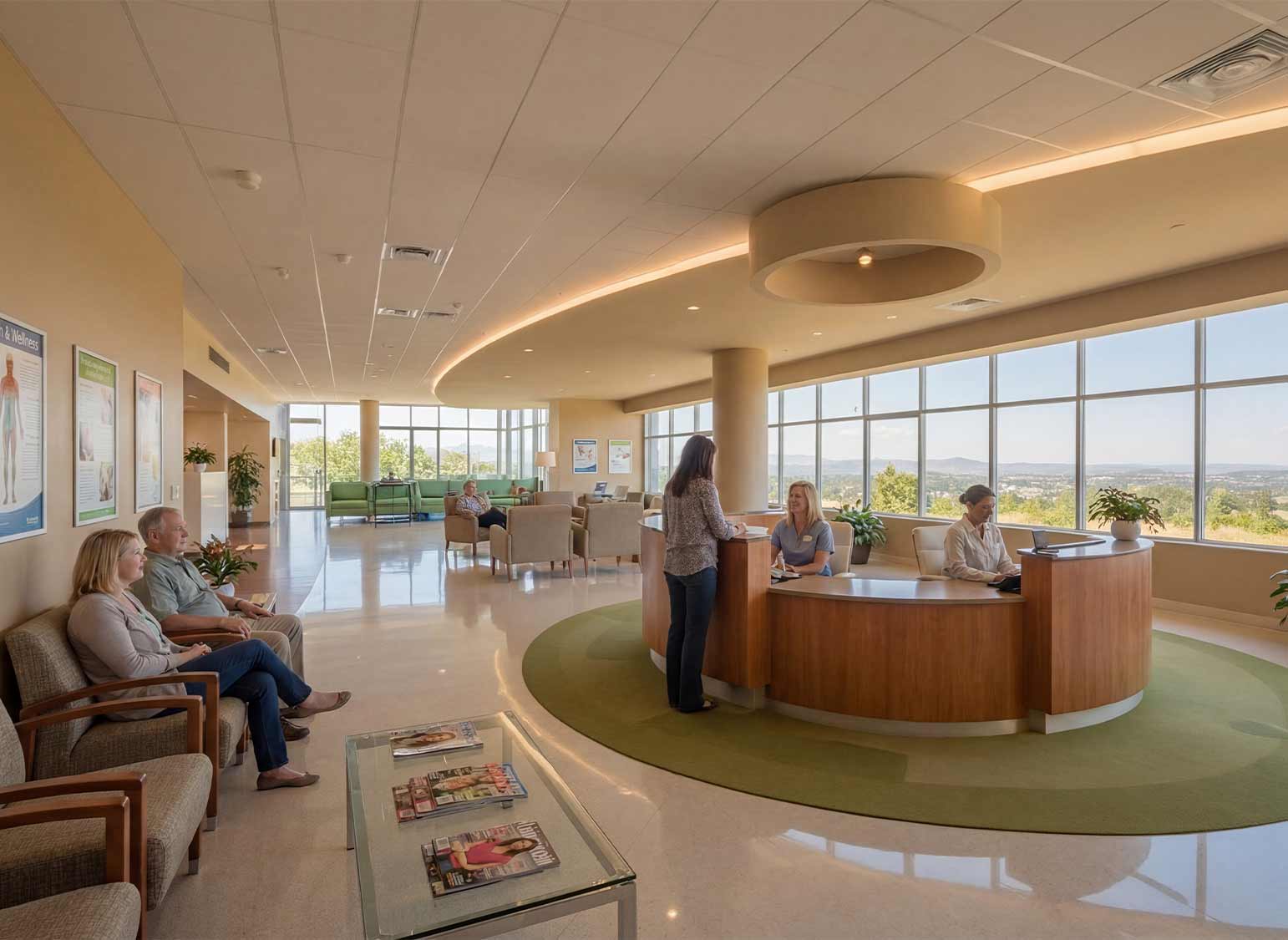You might have seen our last piece, Permitting During a Pandemic, where we discussed how HFA's in-house permitting team has been working hard to implement new and improved processes in response to the COVID-19 pandemic, and in turn, the resulting disruption to construction schedules.
Today we're shifting our focus and looking at the Real Estate Development industry in particular and featuring three distinct points of view within our industry: architecture, civil engineering, and the client. I recently spoke with both Sharon Charwick, Designer and Client Lead in the Franklin office and Tom Geraghty, project manager at Finard Properties based out of Boston, MA, about what implications remote work has had on the entitlement process regarding one of their current projects.
Q: Besides the obvious [working remotely], what is the most significant change you've had to make in how you do your job each day?
Sharon: Flexibility in my daily schedule. Since I have two small children, one of which has virtual classes three times per week, my day needs to be a lot more flexible. I find myself sitting down earlier in the morning and later in the evenings so I can take breaks with them to do schoolwork and get outside. Sometimes it's a bit disruptive, but other times it's a welcome pause to get some sunshine, fresh air, and to move around a bit.
Tom: I would say that this whole stay at home process has been helpful for introverted individuals, or those less likely to video conference. In my experience, most meetings have taken place over a conference call, but now with GoToMeeting, Zoom, and Teams, we're communicating and interacting face-to-face, albeit a little strange at first. I find it to be a little bit more interactive than it has been in the past. I think it's also given people more courage to jump on a video call. Now, I'm meeting individuals at HFA that I may have never gotten the chance to meet face-to-face.
Q: What has been working well for you when it comes to maintaining or even strengthening your relationship with your clients during this pandemic?
Sharon: Because this is a shared circumstance, picking up the phone more often to have both business and personal conversations is bringing everyone closer together. It's impossible not to ask clients how they're doing, what's impacting them, how their family is, etc. Everyone is going through unique challenges right now, but being able to talk candidly about both work and the impact on our daily lives strengthens that connection.
Q: Tell us how Municipal Video Meetings have affected your current projects waiting for entitlement.
Tom: As a result of the virus, the site plan approval process has changed quite a bit. With one of our projects with HFA specifically, we've been delayed about a month because it took about two weeks for the city to figure out how to host these meetings remotely. Our ability to have face-to-face interaction with the city and address any public comments in person and establishing a relationship with planning board members, all of that was taken away from us, and we were forced to adhere to the Zoom meeting protocol that the city council was enforcing.
Q: What good has come out of these virtual meetings as far as entitlement is concerned?
Tom: As applicants, we tend to want to get through the approval process without much opposition, and I think that the Zoom meetings limited the ability for some communities to have a lot of public participation because of technological challenges. I think it also made the meeting itself much more efficient. It was a very structured, quick meeting, and I felt like it reduced the amount of live time that we had to be presenting for.
Q: How do you best prepare yourself or your client for a Municipal Video Meeting?
Sharon: Strong drawings and documents are critical. They must represent the project, your client, and HFA in the absence of a physical presence. Before our most recent municipal video conference, there were a few rounds of revisions we had to go through to get the presentation just right and make sure we were addressing all the previous comments.
Tom: Honestly, the weird part about this is that there was no playbook. HFA could only do so much from an architectural standpoint. Sharon provided me with the schematics and conceptual packages we were working together on for the last few months so that I would be able to present them for this meeting. So, in terms of HFA's deliverables, they gave me everything I needed. But, in terms of my preparation, I would say there was no real playbook for me to understand what it was going to be like. We were fortunate to be able to sit in on the city's first virtual planning board meeting, however, so we got an idea of how they were controlling the presentation and how the public commented and participated in the event as a whole. That was extremely beneficial to us.
Q: What are the most valuable lessons you've learned from this time that you'd want to share with others at HFA, the A+E industry as a whole, or clients? Any advice or tips?
Sharon: I've learned that I like video calls and screen sharing. I think everyone in our industry is going to be a lot more comfortable with hosting productive virtual meetings after this.
Tom: As a project manager, I'm always working to figure out what obstacles or delays are going to push my project off track. Obviously, a delay like this is unexpected and hard to plan for, so I think that you need to lead with your eyes wide open. I believe that this pandemic is going to teach us so much in terms of what insurance you need to carry if you're doing a construction contract or what income loss you need to account for if you're a retail tenant. I don't know what other advice I'd give other than the fact that learning through these examples will help us realize that even though we're in the midst of a crisis, it doesn't mean we can't continue to push things forward. Learning to adapt to new programs, learning to communicate with coworkers remotely is going to be critical in the future.
'
From a Civil Point of View:
Ryan Gill, Director, Civil Engineering at HFA
In 95% of their projects, Ryan Gill's team of civil engineers at HFA is primarily in charge of presenting their local projects to planning commissioners during city council meetings. This is a departure for the process in Sharon and Tom's specific project, so we took a moment to catch up with Ryan to discuss how he and his team have been navigating the world of online city council meetings as we all work remotely from home.
Q: How has COVID-19 affected your current projects?
A: Our chief concern early on was that cities were going to stop reviewing [permits, rezoning requests, etc.]. So, the question became, "if I have to rezone something since state law requires that you have a public meeting before that can happen, how can that happen with COVID-19 restrictions in place?" We were concerned that we'd be dead in the water with the bulk of our projects because they almost all have to be rezoned. Luckily, the cities we work with most often figured out the online planning commission meetings pretty quickly.
Q: What are some of the difficulties you've experienced with Municipal Video Meetings?
A: One of the downsides I've found is that participants often have technical challenges that can sometimes make the meetings spiral out of control. Sometimes if a planning commissioner lives out in the country and they don't have great internet service, they can have issues staying on the call and casting their vote. One of the recent calls I've been on recently had this happen, and it ended up being a six- or seven-minute ordeal to get his vote recorded.
Q: What is your biggest takeaway or learning from these Municipal Video Meetings?
A: Before being on one of these meetings, definitely make sure you know how to use the program it's being hosted on. Always log in early in case of technical issues that may derail the start of the meeting. And always be clear and concise!
'






.jpeg)

(1).webp)
.jpeg)

.jpeg)



